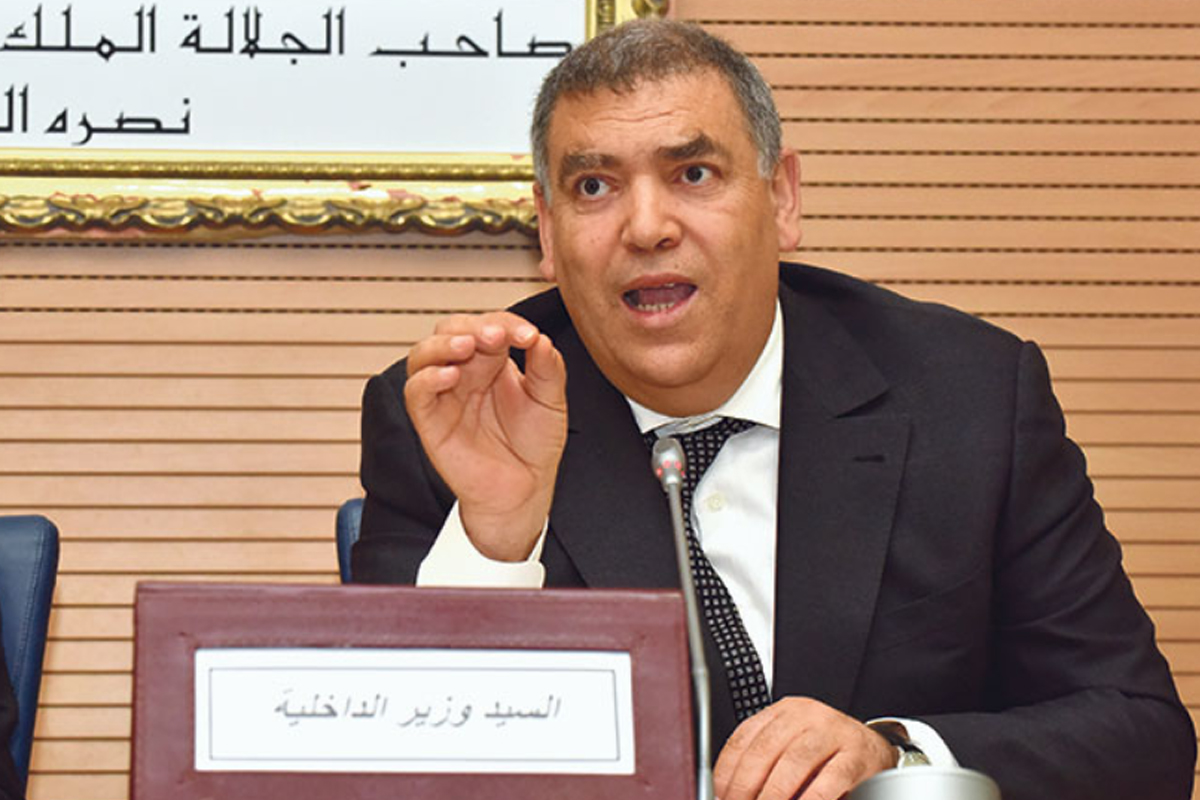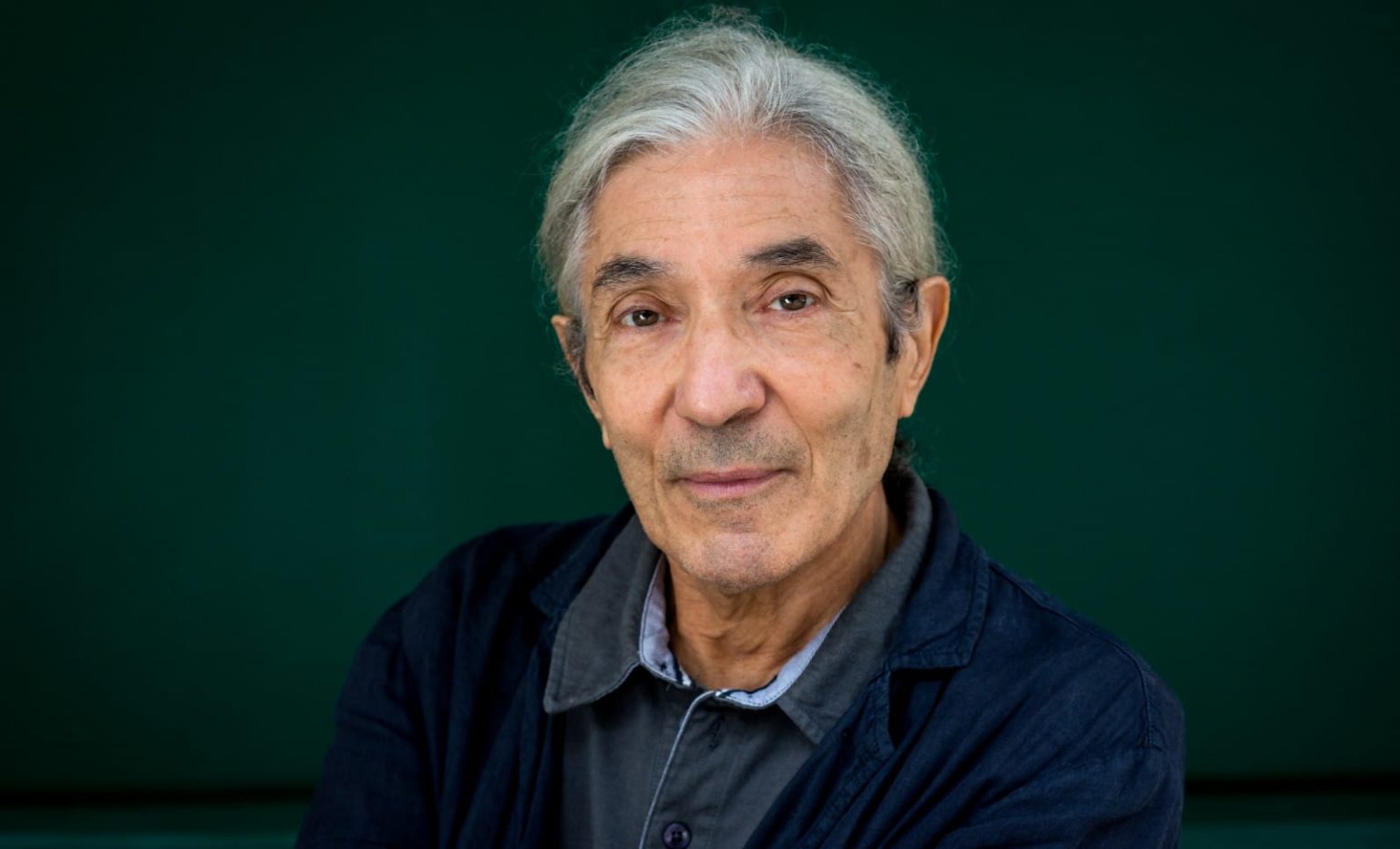A new study has revealed that respiratory infections, such as COVID-19 and influenza, increase the risk of reactivating dormant breast cancer cells and their spread in patients who have previously had the disease.
The research, conducted by scientists at the University of Colorado and the Montefiore Einstein Comprehensive Cancer Center in New York, was published in the journal Nature. The study warns that this reactivation could prompt the emergence of new malignant tumors.
Breast cancer is the most common cancer among women, and after recovery, cancer cells can remain dormant for years before spreading, particularly to the lungs or other organs, leading to a relapse.
Given the association of viral respiratory infections, such as SARS-CoV-2—the virus responsible for COVID-19—with inflammation, this could stimulate processes that lead to the spread of cancer cells.
James DiGregorio, a study author from the University of Colorado Cancer Center, noted in a statement that “dormant cancer cells are like embers in an abandoned campfire, and respiratory viruses are like a strong wind that reignites the flames.”
He added that “for affected patients, the simplest strategy is to avoid infection through vaccination and to steer clear of crowded places during flu season, among other measures.”
The rise in cancer mortality rates during the first two years of the pandemic prompted DiGregorio and his colleagues to investigate the effects of the influenza virus and SARS-CoV-2 on breast cancer outcomes in mouse models, leading to the conclusion that these infections reduced the dormancy of breast cancer cells in the lungs.
Source
















